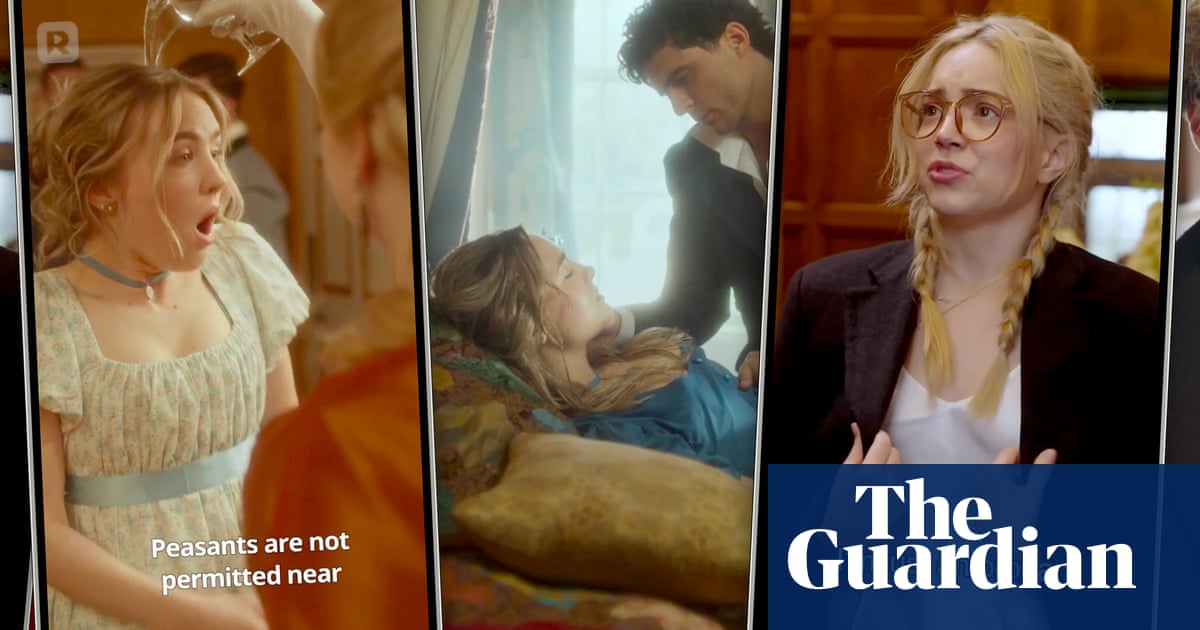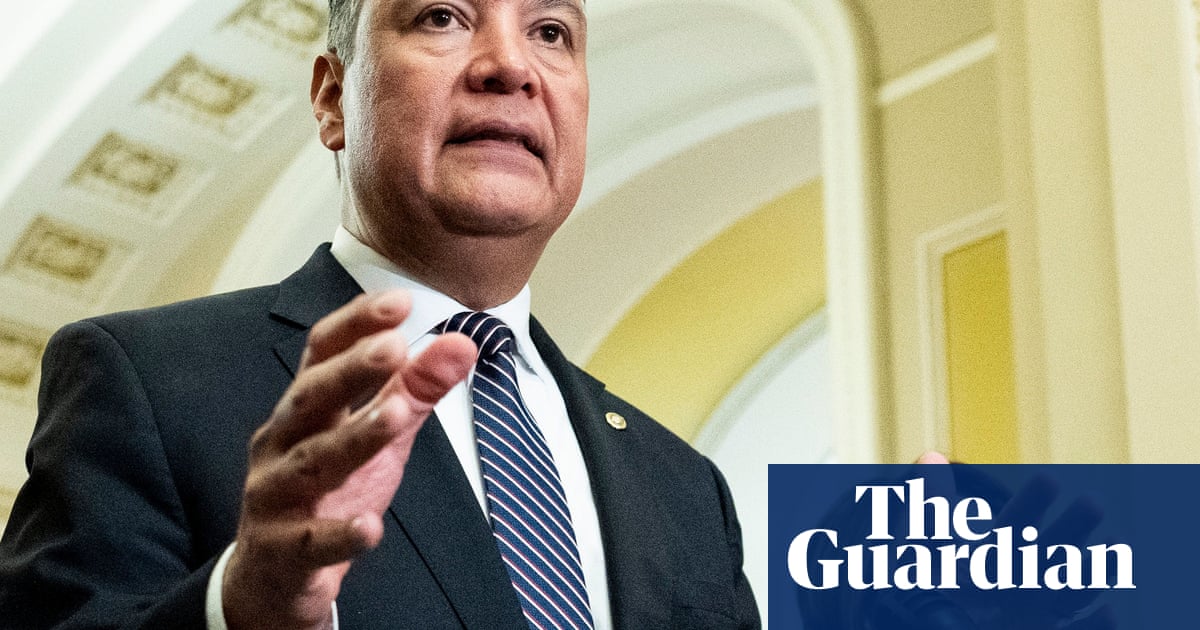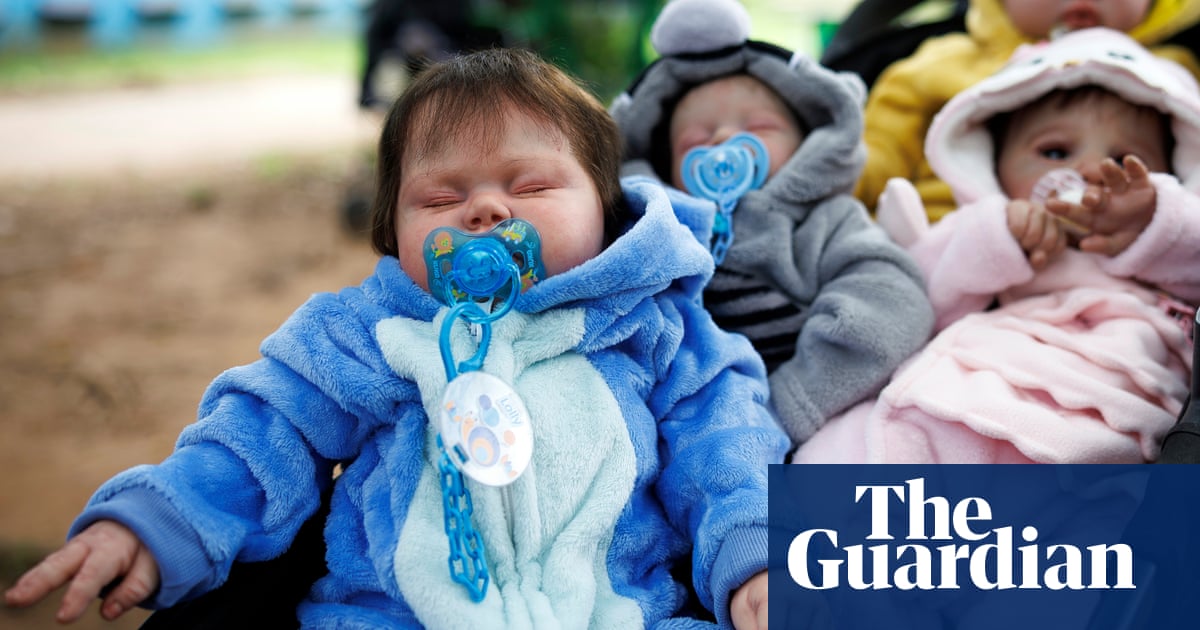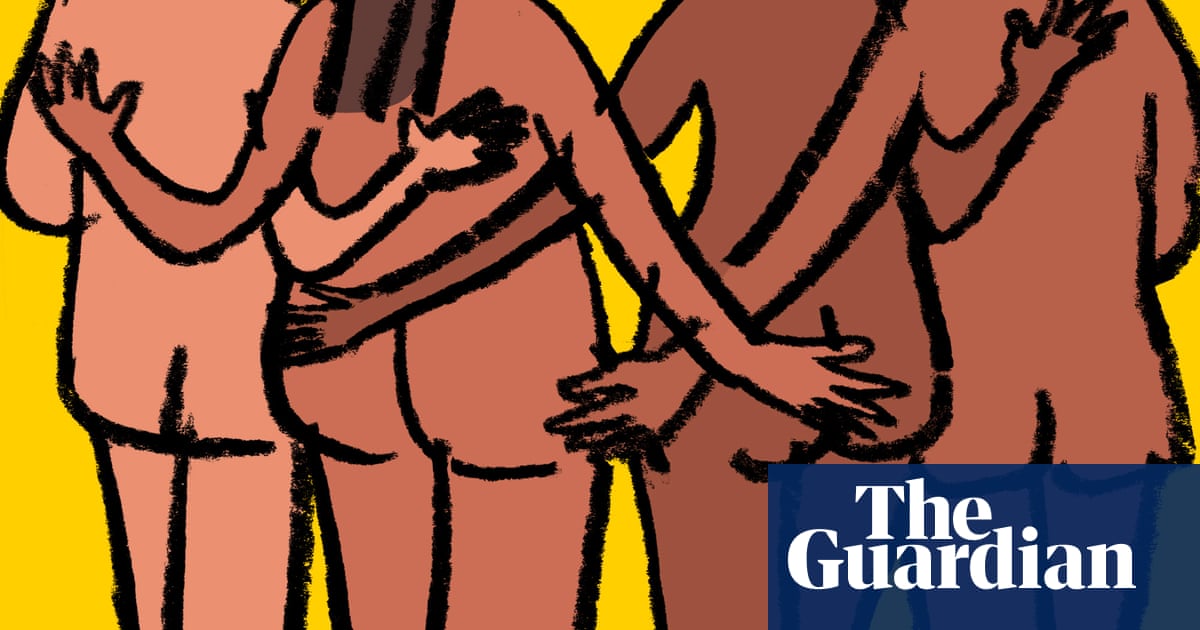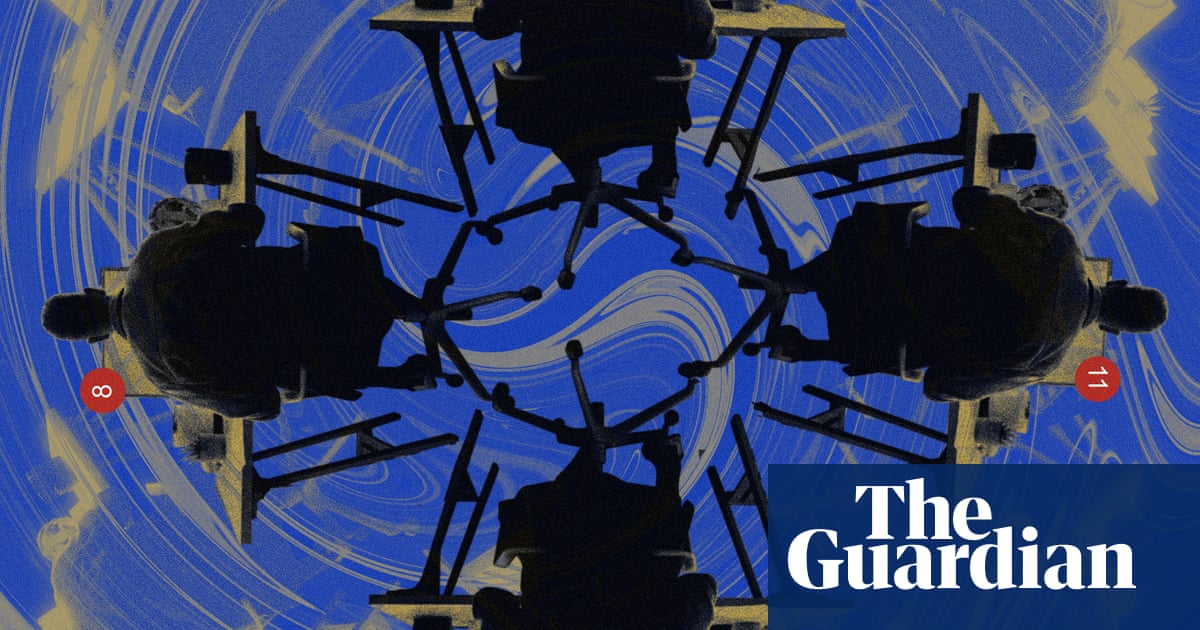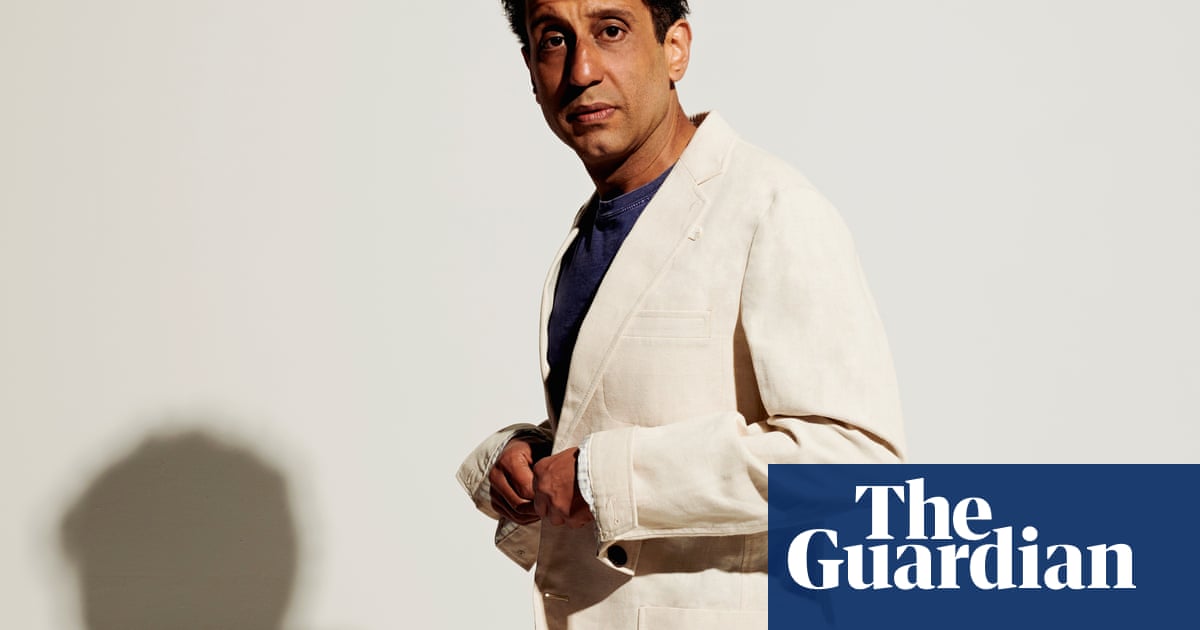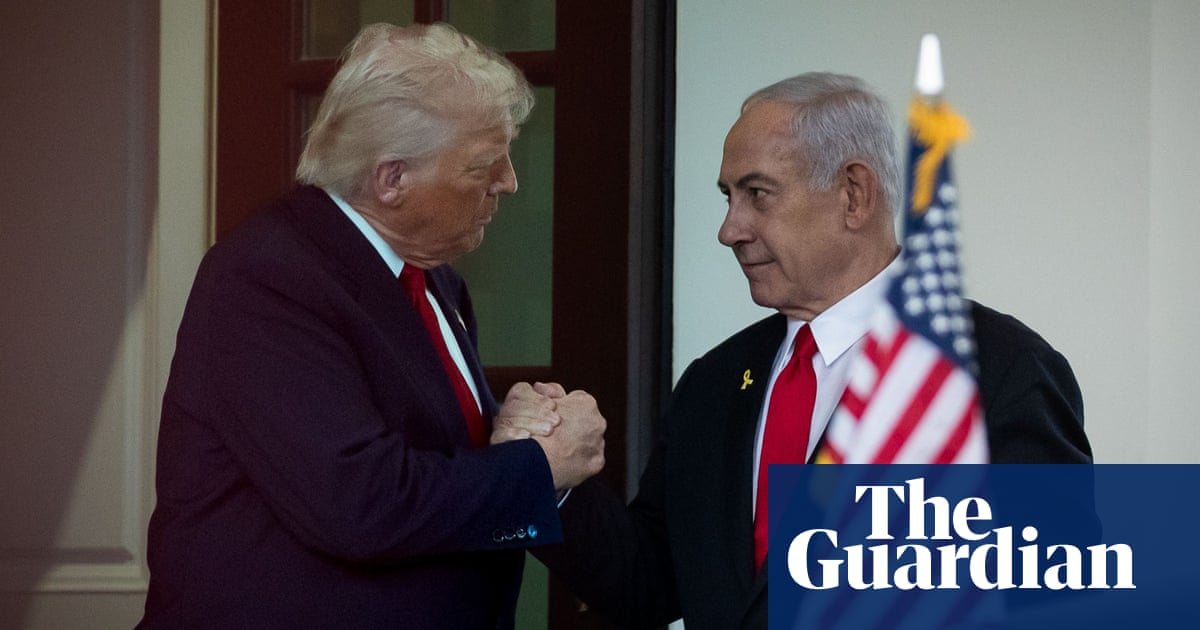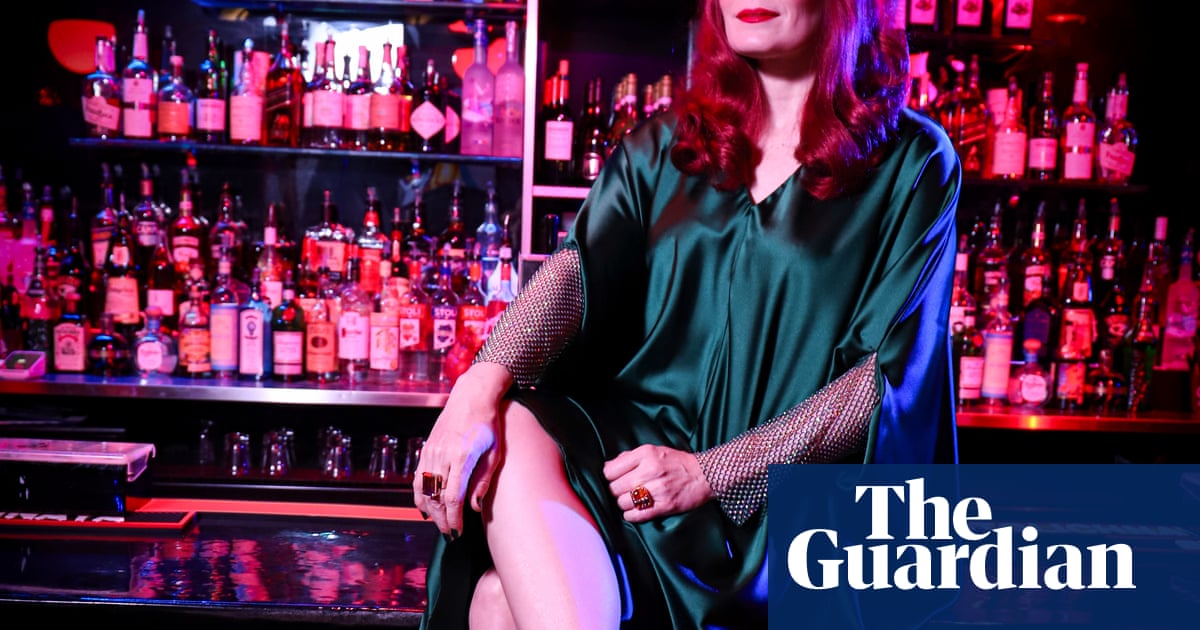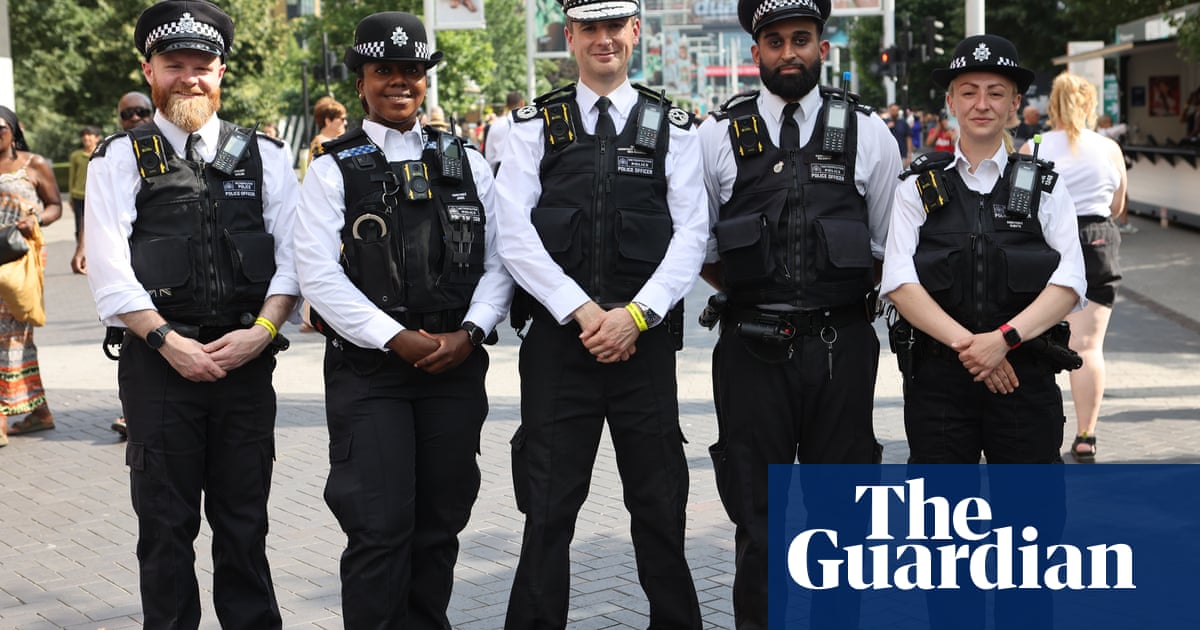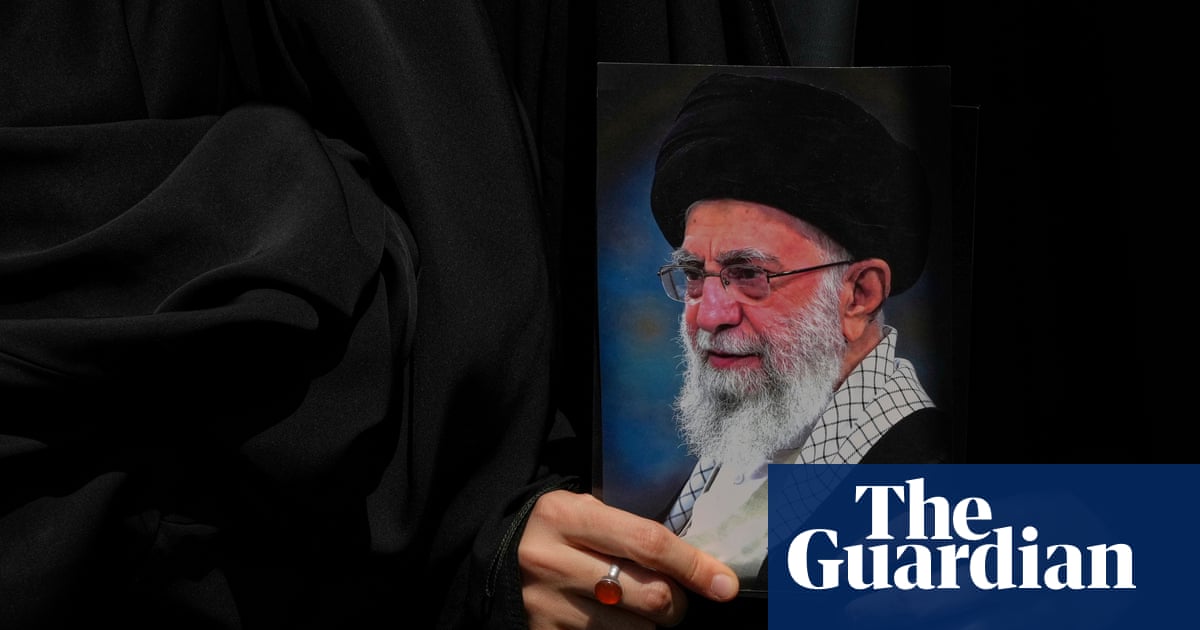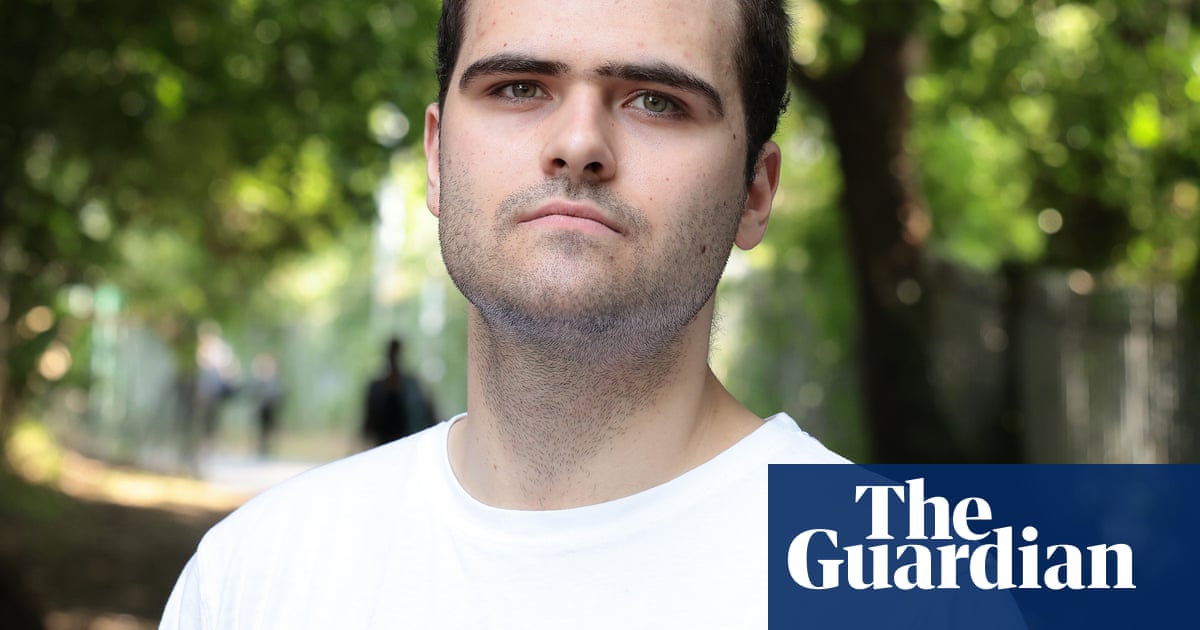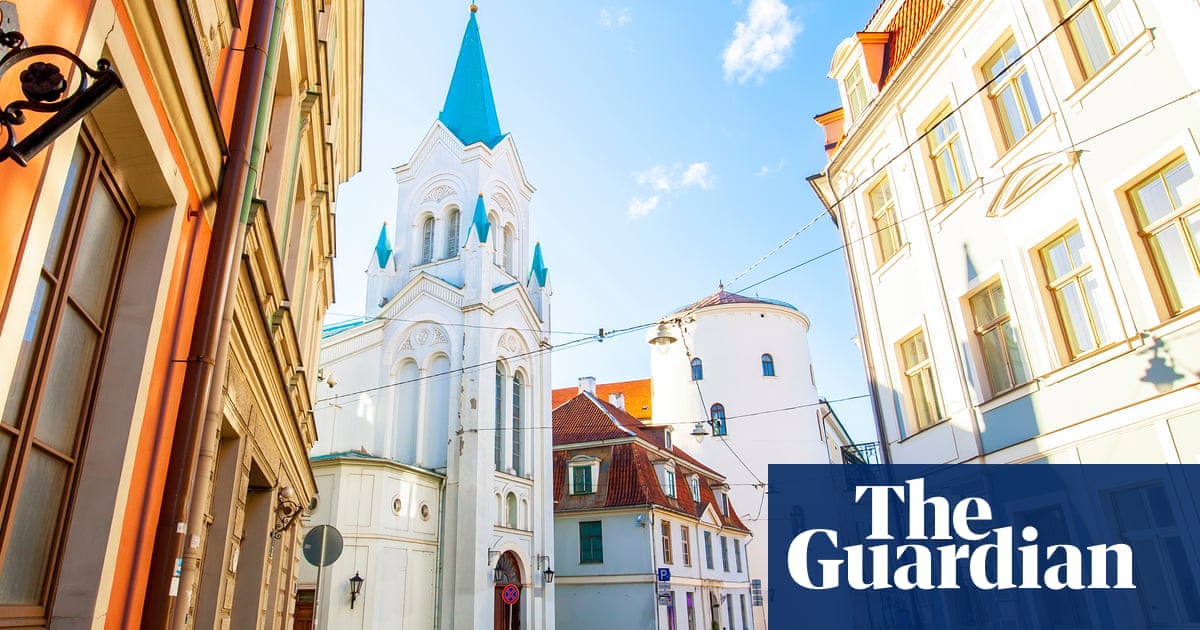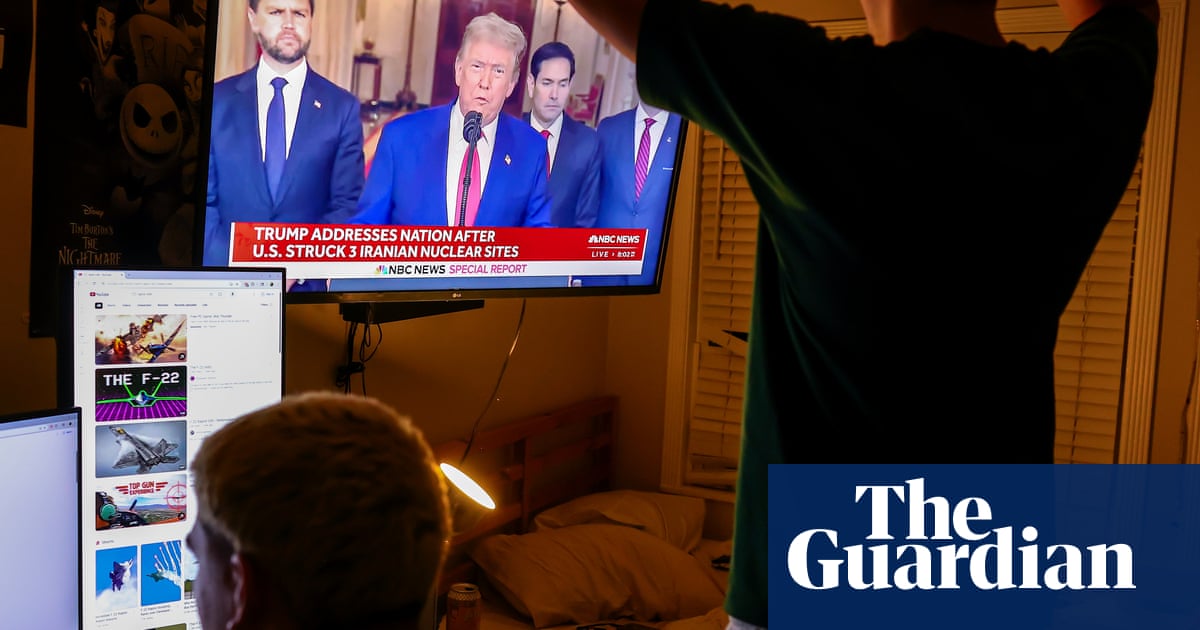The actor Robert De Niro has – after a brief period of abstention – returned to his robust public critique of Donald Trump, using his Palme d’Or acceptance speech at the Cannes film festival to newly attack the US president.
Speaking during the opening ceremony of the 78th film festival in France, De Niro said that the US’s re-elected commander-in-chief posed a global threat.
“In my country, we are fighting like hell for the democracy we once took for granted,” he said. “That affects all of us here, because art is the crucible that brings people together, like tonight. Art looks for truth. Art embraces diversity. That’s why art is a threat.”
As applause broke out in the Grand Lumiére, Cannes’ largest cinema, De Niro continued:
“That’s why we are a threat to autocrats and fascists. America’s philistine president ha[s] had himself appointed head of one of our premier cultural institutions [the Kennedy Center]. He has cut funding and support to the arts, humanities and education.”
De Niro then addressed Trump’s surprise announcement 10 days ago that he planned to put a 100% tariff on films made outside the US.
“You can’t put a price on creativity,” said De Niro, “but apparently you can put a tariff on it. Of course, this is unacceptable. All of these attacks are unacceptable. And this isn’t just an American problem, it’s a global one. Like a film, we can’t just all sit back and watch. We have to act, and we have to act now.”
De Niro concluded his speech with a rallying call for people to take action, “without violence, but with great passion and determination”.
“It’s time for everyone who cares about liberty to organise,” he said, “to protest, and when there are elections, vote. Vote. Tonight, and for the next 11 days, we show our strength and commitment by celebrating art in this glorious festival. Liberté, Égalité, Fraternité.”
The actor Leonardo DiCaprio presented De Niro, now 81, with the award in advance of the opening night film – French comedy Partir Un Jour. De Niro was president of the jury at the festival in 2011 and has long been a regular on the Croisette.
Some of his key films have also premiered at the festival, including Martin Scorsese’s Mean Streets in 1973 and Sergio Leone’s Once Upon a Time in America in 1984.
This year’s Cannes has so far been marked by its engagement with real-world affairs. The conviction and sentencing of one of the festival’s most-celebrated stars, Gérard Depardieu, on sexual assault charges earlier on Tuesday dominated discussion during the first day.
Along with Trump’s tariffs and the new ban on nude or excessively voluminous red carpet dresses, it proved an unavoidable talking point at the jury press conference in the afternoon, with this year’s president, Juliette Binoche, saying she felt her sometime co-star was “not a monster”.
“He’s a man who lost his aura owing to facts that occurred and were looked at by a court,” she said. “The star of a film is a king for me. [But] what is sacred is when you create, when you act, and he is no longer sacred … Now the power lies elsewhere.”
Meanwhile, freelance workers at the festival staged a small protest at the opening ceremony for the second consecutive year.
With the backing of union collective Sous les écrans la dèche, the workers – who include drivers and projectionists – said they sought to restart negotiations over unemployment insurance regulations which would better protect their livelihoods.
The Cannes film festival runs until 24 May.

 1 month ago
72
1 month ago
72
